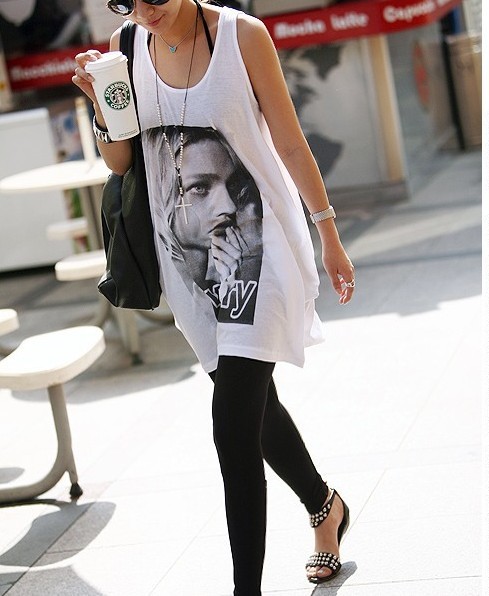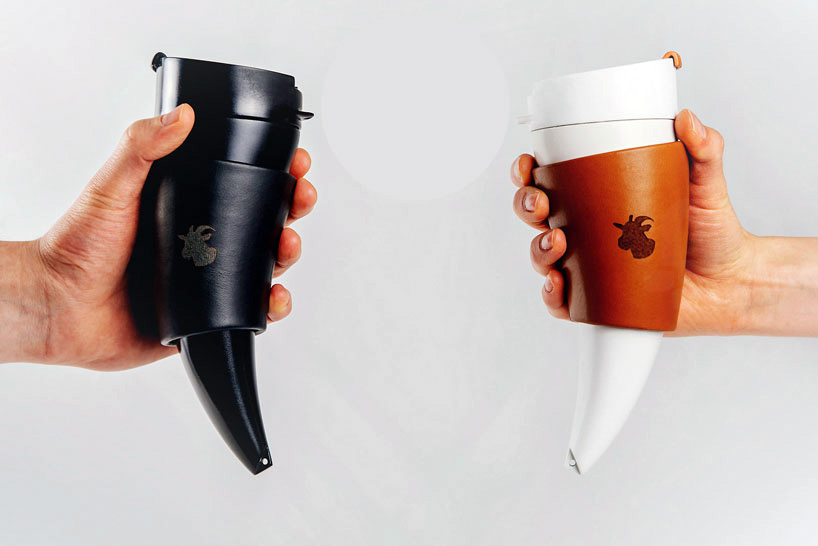How to sell a cup of coffee to a white-collar worker?

White-collar workers consume coffee and buy a sense of existence as an elite. The brand is just a carrier.
In a word, it's called bigger, and it costs more than affection.
Recently, another small partner resigned with confidence to start a business. Forgive me for using the word "you". If you also live in Beijing or Shanghai, you will understand how I feel. This time, my partner brought a newly packaged coffee, using what they think is the best beans in the world and Nordic packaging technology, so that the package, which looks like a plaster, can extract two cups of freshly ground espresso in two minutes and enjoy it gracefully.
When I first saw this product, I was really attracted by the design and elegance of the product. Perhaps seeing my expression, my partner passionately began to describe the vast blue ocean of products and markets. When I asked about the price, my friend said lightly, "it's just like a Starbucks." But you see, we use the best coffee beans from abroad, which are produced in XX countries, patented technology and packaging. " The subtext is that you can enjoy twice as much higher quality coffee at the same price. It sounds reliable, but I think something is wrong.
I think of a popular article saying that Starbucks has taken cafes all over the country to the ditch. The idea is that Starbucks'"third space" concept, which made it famous abroad, is not satisfied at home, so that the "slow" cafes that focus on feelings and literature and art have become cannon fodder one after another. In China, Starbucks has become a white-collar "fast food" and expanded rapidly, becoming the number one brand of domestic cafes by continuously reducing its categories and reducing the comfort of its stores, which has made CCTV jealous.
I agree with half of the above views. The change of service mode and accurate positioning have always been the killer's mace.
Yes, since white-collar workers began to use coffee as a drink, a number of cafes such as Starbucks have made an indelible contribution and trained a large number of coffee lovers and baristas. The expansion of market capacity inevitably attracts more capital and brands to enter. All the data and reports also seem to tell us that more and more people know coffee and love coffee. The blue sea has become the Red Sea, and differentiation and branding continue to emerge. It is undeniable that, like red wine, there is an endless stream of premium coffee on the market, and it seems that all the market research results are optimistic that consumers like better coffee. More and more businesses are racking their brains just to give customers better coffee, looking forward to the popularity of the ashes powder that can be used to identify the goods. So I am not surprised when such friends find me. Their logic of starting a business is simple: strive to improve the quality of coffee as the core competitiveness.
This is the half I don't agree with. Consumers never tell you what they want.
Because, they don't even know.
Perhaps they have told you more than once that TA loves coffee, knows how to taste, and is familiar with all kinds of coffee beans. Because in their eyes, TA is the successful person with taste, atmosphere and leisure. They want to be like this, and they also want everyone to know that TA is like this. So in the so-called market research, consumers always show themselves who are more bigger in their hearts, the person who tries to make everyone impressive.
This feature is also applicable to modern business. People's purchase behavior is no longer a simple economic behavior, but actually a performance behavior. When white-collar workers consume coffee, they buy a kind of identity and a sense of existence as an elite. Brands are just carriers of consumers' emotions and attitudes, while products are just a reason to pay for themselves. This may be a bit extreme, but let's take a look at the recent popularity of aunt milk tea in China, in fact, it is not difficult to understand.
The biggest difference between auntie milk tea and traditional street milk tea shop or beverage shop is that the so-called health preservation is actually injected into the product for the first time. Add a large number of reinforced materials such as red jujube, blood waxy, Coix seed and other female nourishing ingredients that customers are already familiar with, which can easily give people the impression of health and nutrition. A seemingly simple change has a very different effect. Although they still sell milk tea, on the consumer side, the cost of decision-making is completely different: for the first time, girls who like to drink milk tea have been given a reason to keep fit-drinking milk tea is not a sin to gain weight, not a drink to deal with gluttonous worms, but a good way to nourish and nourish them. Even boys are more willing to pay, because it shows that he is considerate and caring, which is more persuasive than brown sugar ginger tea when he was menstruated.
Therefore, it is not difficult to understand that so many newcomers like to walk down the street so elegantly with a cup of Starbucks, and it is not difficult to understand that Starbucks spent a lot of money upgrading its cashier equipment, just so that customers can display their names and stars when using their star cards (Starbucks membership cards). When they appear on the big clear screen of the cash register, the Starbucks card goes beyond the traditional membership card to become a Starbucks custom-made business card for you. I have to say that Starbucks really knows how it feels when buying coffee with colleagues. For some people, it is more exciting to show that they drink Starbucks every day than to drive to work every day.
In a word, this is called bigger, which sells for more money than affection.
In retrospect, for those who really spend 30 yuan on a bag of plain coffee, I believe you really like coffee. But how many such people can there really be?
I'm sure it's less than the one on the questionnaire.
Author / Ma Shikai (continuous entrepreneur, 8 years of core volunteers for public welfare organizations, the latest entrepreneurial project is cross-border e-commerce)
Important Notice :
前街咖啡 FrontStreet Coffee has moved to new addredd:
FrontStreet Coffee Address: 315,Donghua East Road,GuangZhou
Tel:020 38364473
- Prev

Crazy coffee, that good cup of coffee in 2015
Because of Premier Li Keqiang, 2015 coffee is hot! But since the beginning of 2015, Mad Card's friends have been preparing Mad Card. Why do they call it this name? the team of Mad Card said that coffee will be hot in 2015. Or otherwise, it came true. Sam, the founder of Mad Card, was originally the director of the marketing department who loves to drive. Is a deep user of coffee and needs it every day.
- Next

Goat Corner Coffee Cup an avant-garde and practical coffee cup
Goat is an avant-garde and practical cup designed by desnahemisfera. The cup body does not contain BPA and is attached with an anti-scalding leather cover and straps. Goat mug Home Page: http://www.goat-story.com/
Related
- Unexpected! Ruixing Telunsu lattes use a smoothie machine to foam milk?!
- % Arabia's first store in Henan opens into the village?! Netizen: Thought it was P's
- Does an authentic standard mocha coffee recipe use chocolate sauce or powder? Mocha Latte/Dirty Coffee/Salty Mocha Coffee Recipe Share!
- What is the difference between Vietnam egg coffee and Norway egg coffee? Hand-brewed single product coffee filter paper filter cloth filter flat solution!
- What is the difference between sun-cured and honey-treated coffee? What are the differences in the flavor characteristics of sun-honey coffee?
- How to make Italian latte! How much milk does a standard latte use/what should the ratio of coffee to milk be?
- How to make butter American/butter latte/butter Dirty coffee? Is hand-brewed coffee good with butter?
- Is Dirty the cold version of Australian White? What is the difference between dirty coffee/decent coffee and Australian white espresso?
- Relationship between brewing time and coffee extraction parameters How to make the brewing time fall to 2 minutes?
- Got entangled?! Lucky opens a new store, Mixue Ice City, and pursues it as a neighbor!

